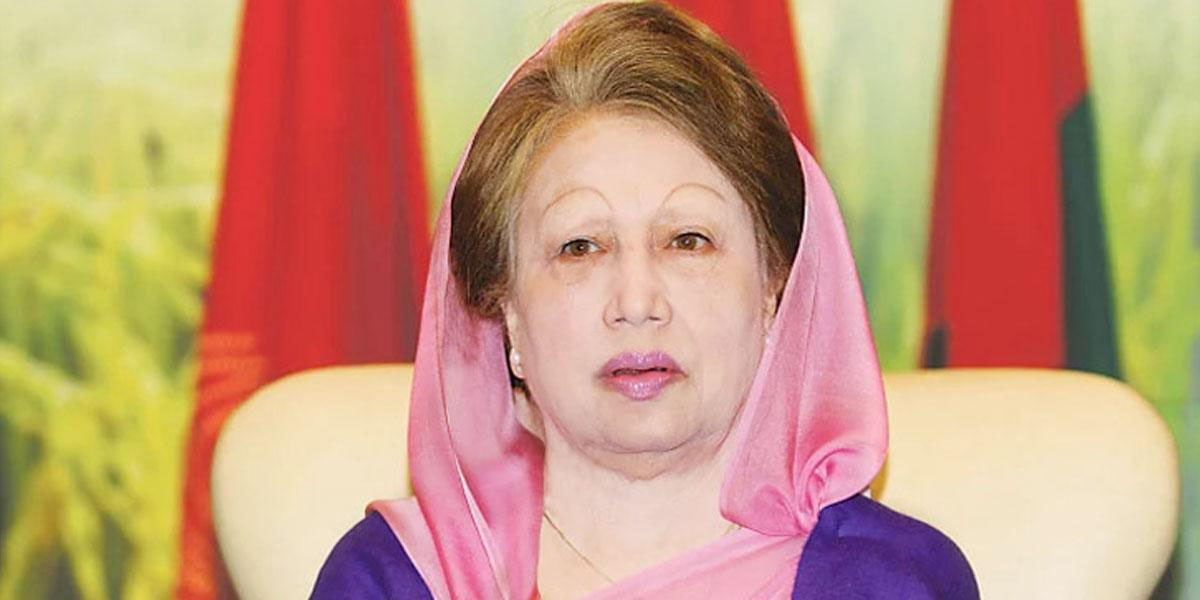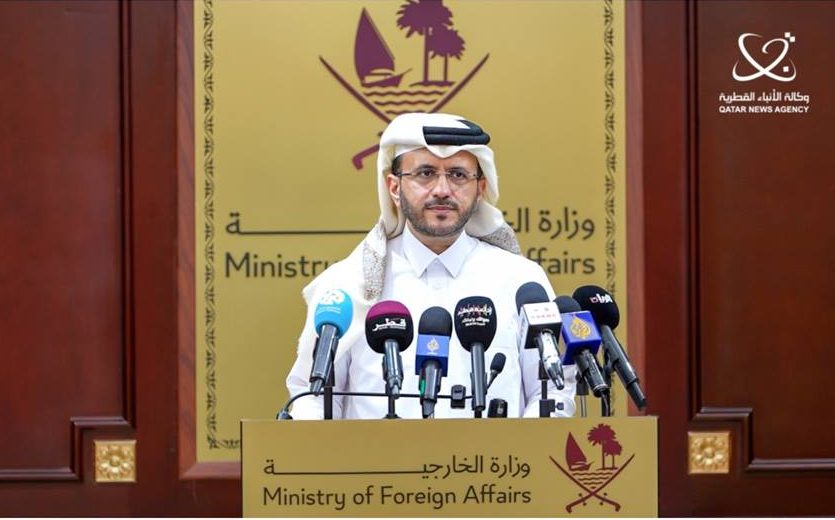With the 2022 World Cup kicking off next year, Qatar has become a force to be reckoned with, especially under the international community’s watchful eye.
Inaccurate reports, boycott efforts, and immense international pressure – Qatar has seen it all since it won the rights to host the 2022 World Cup.
While the fight to improve the rights of workers is not over, Qatar has made major strides in ensuring that labourers’ rights are protected through initiative as well as legislation ahead of the the international tournament next year.
These moves include new labour reforms such as the eradication of the No Objection Certificate that previously prevented workers from changing jobs without their employer’s permission, and for the first time in the region, a new non-discriminatory minimum wage was also introduced.
Authorities also introduced a platform to handle workers’ complaints and disputes, and a new WhatsApp service was launched to inform Qatar’s population on labour laws in different languages.
Read also: Qatar to establish new platform for workers’ complaints
In an interview with German media, Deputy Director of the Government Communications Office (GCO) Sheikh Thamer bin Hamad Al Thani says that boycott efforts from football federations around the world shows a lack of knowledge of Qatar’s latest reform efforts.
“I think it’s because a lot of people do not have all the information in regard to the changes Qatar has made. Qatar has made significant progress – and is committed to further progress. We want the football associations, fan associations and players to engage more with Qatar to try and understand the process that a country like Qatar has to go through to overhaul its labor laws,” said Al Thani.
He also referred to commentary made by the United Nations International Labor Organisation (ILO) and NGOs which have also noted that Qatar has initiated and implemented positive changes.
“Labour law reform is designed for the long term, which is why the partnership with the ILO has been extended. These reforms serve everyone. They grant workers more rights, more income and greater protection,” Al Thani added.
Al Thani also solidified Qatar’s rejection of the misleading report published by the Guardian.
The article, published in February, reads that an average of 12 migrant workers from the south Asian nations died each week since Qatar won the World Cup bid in 2010. Statistics obtained from the embassies do not include just migrant workers, but rather the total number of all deaths of nationals of India, Pakistan, Bangladesh, Nepal and Sri Lanka, across all occupations. These figures include those who passed away due to natural causes, chronic illness or even traffic accidents.
“Of the 1.4 million people from these countries in Qatar, only 20 percent work on construction sites. Fewer than 10 percent of all deaths between 2014 and 2019 took place in construction. The vast majority don’t work on projects connected to the World Cup. The health of all Qatar residents is our first priority. Taken out of context, the numbers in the Guardian create a headline aimed to cause sensation. But when considered within the wider demographics and size of the population, the figures are within the expected range,” commented Al Thani.
According to the official, the 2022 World Cup has proven to be a useful catalyst to labour reform in Qatar. However, these profound changes must take time, and comprehensive labour reforms do not happen overnight, he noted.
As part of the major labour reform agenda, Qatar has drastically enhanced monitoring across the board to detect violations, enacting swifter penalties and further strengthening the capacity of labour inspectors.
Read also: Security company faces penalty for breaking Qatar labour law
More action needed
Despite the significant reforms, exploitation of of labour workers remains a problem in Qatar, with several human rights organisations calling on Doha to ensure laws are implemented on the ground to ensure progress.
In an exclusive interview with Doha News , senior International Labour Organisation (ILO) official, Houtan Homayounpour said more work needs to be done to ensure the protection of workers in Qatar, though authorities should be recognised for the work that has gone into making these changes.
Earlier this week, Qatari authorities launched an investigation into a possible breach in labour law after a peaceful protest by a group of security guards.
European Security [EGSSCO], one of the largest security companies in Qatar, was found to be in violation of the labour law’s non-compete clause.
According to sources, EGSSCO’s new contract has a clause that would restrict workers’ ability to change jobs. The contract states that the security guards must work for the company for at least five years and are not allowed to switch jobs during this period, a clear violation of the now scrapped No Objection Certificate [NOC].
Since the revelation, authorities confirmed they’ve taken necessary steps to ensure the workers’ rights are met and resolved the violation with the owner.
The Qatari government has urged all employees who believe a violation of the labour law has occurred to contact ADLSA via the Amerni app or directly at the Ministry. All complaints are recorded and dealt with in the strictest confidence, officials stressed.
Follow Doha News on Twitter, Instagram, Facebook and Youtube







